4FJ Champions explain campaign
The 4FJ campaign unveiled its Website at a media event Thursday as the campaign asked for the public’s support in making its efforts to reverse the decline of kawakawa and donu go viral.
Kawakawa and donu, which are types of groupers, are an important source of protein for Fiji communities and highly valuable fish for commercial sale. However, as Fiji’s population has grown and the demand for both food and income has grown, these fish are declining across Fiji.
4FJ (short for For Fiji) is asking people from all walks of life and sectors to take a simple pledge: “I will not eat, buy or sell kawakawa and donu from June through September.” These are the peak months that these vulnerable grouper species reproduce. If you avoid taking them June to September, and let them reproduce, there will be more fish to eat the rest of the year, the 4FJ campaign said.
“This campaign is designed to give people a chance to do something right here and right now to boost the numbers of these important fish and help make Fiji’s future a little brighter,” said Scott Radway, Executive Director, of SeaWeb Asia Pacific, a regional communications NGO led that the development of the campaign.
“With our Website, and social media pages, we are now making it even easier for people, particularly in urban areas, to take the pledge and start encouraging your friends, family and colleagues to join this movement,” Radway added.
As the campaign ramps up this year, 4FJ is also capturing the stories behind why people are pledging not to eat, buy or sell kawakawa and donu, and sharing them online, in the media and at campaign events. The aim is to highlight through voices of real people that this campaign is not about just saving a fish, but protecting a way of life in Fiji.
To that end, at its launch event, 4FJ invited some of its early champions to share their motivations from making the pledge and spreading the message.
Lisala Waqalala, a fisherman from Rakiraki, explained how it is harder to make a living today as these highly valuable fish are more and more scarce. “I am not sure how many are left in our waters. I am not sure if our future generations will be able to witness this fish.”
Epeli Saukuru, a pastor at the Seventh-day Adventist in Suva, said he felt compelled by the Bible teachings to address the overuse of these fish. “Everything was created by God but as his stewards we have a very special duty – to manage and look after all living things,” he said.
Unaisi Baleisuva, from Rakiraki, said, “We have to send our six children to school and feed them too. This fish has really been a source of income for our family. But nowadays my husband does not catch many of these fish.”
Ratu Filimoni Ralogaivau, a paramount chief from Solevu District, said, “If you want to keep our tradition, we have to keep what goes together with that tradition.”
Videos of these champions, campaign updates, upcoming events as well as more in-depth information on the fish, including details on their breeding habits, can be found on www.4fj.org.fj.
The campaign, which is supported by a dynamic partnership between private sector, research institutions, government departments, non-governmental organizations and communities, will ramp up its activities from now through the spawning seasons for kawakawa and donu. The initial focus will be on urban areas, then shifting to direct outreach in rural areas in the coming months.
